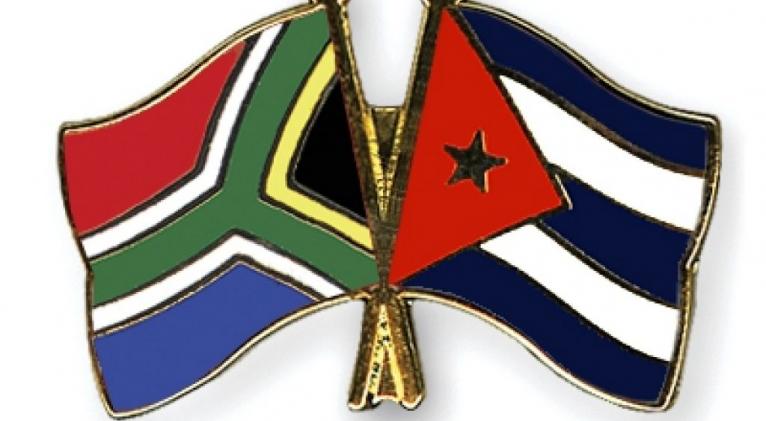What the Cubans can teach us about education
especiales

I saw the difference opportunity made for a smart friend who was stuck in a dead-end job
ABOUT a decade ago, one of my childhood friends, Michael, called me to tell me he had made it into the SA-Cuba medical training programme. Finally he could ditch his job at a Nelspruit mall, where he worked as a low-paid casual behind a shop counter.
He should never have been behind that counter in the first place. Michael was smart, gifted but had no money to get to university and, in the adverse conditions of his rural high school, produced competent but not outstanding matric results. When he left for Cuba, it felt like he had escaped the social dead-end that was our Mpumalanga village by the skin of his teeth.
In the days when we chased lizards on Mpumalanga’s giant rock faces, my playmates and I were blissfully oblivious of how the structures of inequality had set starkly different life courses for us. I, having won the lottery of being born to educated parents, would enrol at Rhodes University, confident that I could make a success of my life.
But by our early 20s almost every one of our childhood friends had become casualties of SA’s grim social reality as they transitioned into young adulthood. In the late 1990s they were succumbing to HIV/AIDS, alcohol abuse, violence, unemployment, crime, unstable work, you name it.
That this is the fate of that majority of young people should be cause for panic among policy makers and politicians. Yet almost all of our state institutions and leaders face the crisis of youth unemployment and deskilling with lethargy. Who can blame them? They will not be here to deal with this problem in 2030, will they?
As things stand, there are 2-million people enrolled in SA’s higher education system as a whole but, as we all know, about 5-million are basically sitting at home or engaged in risky pursuits.
Notwithstanding the criticism and debates around the Cuba programme, its greatest strength is that it was designed to identify and recruit bright rural kids like Michael. My view is that the medical training programme embodies that reconstructionist “RDP” spirit that we seem to have abandoned wholesale as a country in our pursuit of the kind of economic development that seems to benefit the long-term wealth of our historical super-rich “1%” and their handful of black economic empowerment partners.
What was important about the development approach of the Cuba programme is that it explicitly and overtly puts the most “marginalised” but meritorious youth at the heart of the recruitment strategy for our future public health.
It seems to me that in its very design, the programme takes into account structural inequality and historical oppression so that it can find those bright black children who would otherwise not make it into one of our eight medical schools.
In doing this, the programme does not view these young people as having intellectual deficits, but the opposite — the fact that they were competent in the midst of dysfunction demonstrates what they are capable of.
Second, the Cubans do not treat our students as though they are aberrant, second-rate burdens on their education system. They are considered capable citizens from the global South who can be taught medicine in Spanish. Further, because they are trained in preventative healthcare, the Cuban-trained doctors are going to be a rich intellectual resource for SA, which spends significant public resources treating preventable diseases.
While the Cubans see a potential doctor to train, in SA much public discourse around university entry continuously juxtaposes the need for transformation against the fear of “dropping standards”. The debate should focus on expanding equitable access, not preserving historically unjust institutional cultures of exclusivism.
Third, the Cuba model is a responsive bottom-up social reconstruction model. It recognises that the future capacity is in the villages and townships.
Sure, the end-game is we must train our own doctors right here at home, but the transformative philosophy of the Cuba programme should be at the heart of our entire development path.













Add new comment